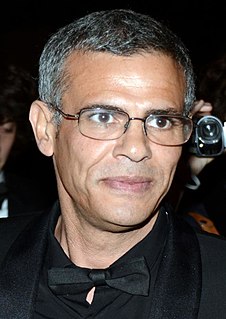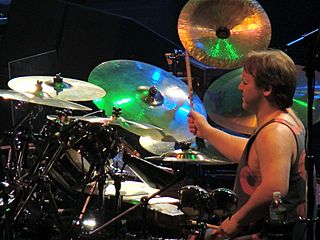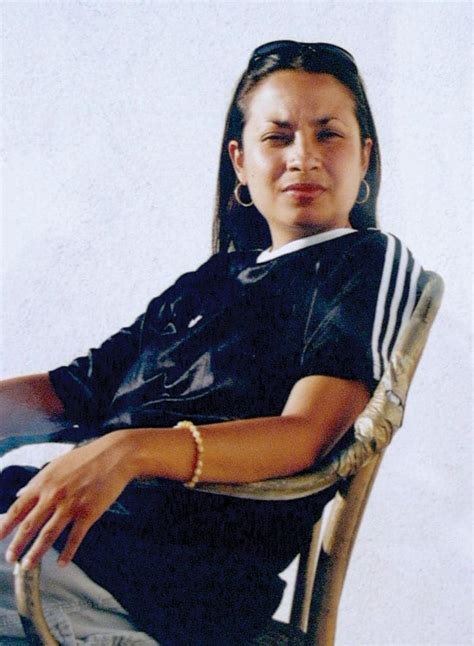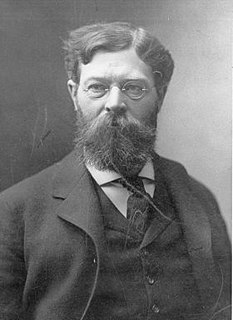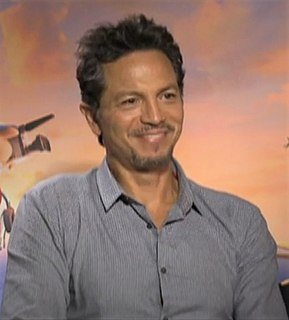A Quote by Jerry Orbach
I don't like to dwell all day over one scene as you do in a big feature.
Related Quotes
Tennis is like, it gives you a lot of chances, but if you don't take those chances, it takes a lot of chances away from you. It's just the scoring pattern. We cannot dwell over a loss or a win for very long. We have no time to celebrate; we have no time to dwell; we have to move on. Wake up the next day and try and win the match.
Unsatisfied desire is the characteristic feature of human life. That is the common fact out of which both pessimism and optimism are constructed. Dwell on the impossibility of ever getting a state of complete and permanent satisfaction with what you have, and you become a pessimist. Dwell on the opportunity for endless growth and conquest which this same fact makes possible, and you become an optimist.
A real common problem with a lot of animals is that guys are bad, hate to say it, but they will tune into some big feature like the glasses, maybe the beard, baseball hats, you know some unique feature like that. And they'll generalize like, "Okay! All people with baseball hats or black rimmed glasses are bad."
Well, for me, the real excitement of doing physical things in films, whether you're talking about a fight scene or a stunt sequence or even a love scene, for that matter, is by necessity it has to be choreographed very much like a dance. That being said, you have to rehearse it over and over again and find a mathematical precision.





